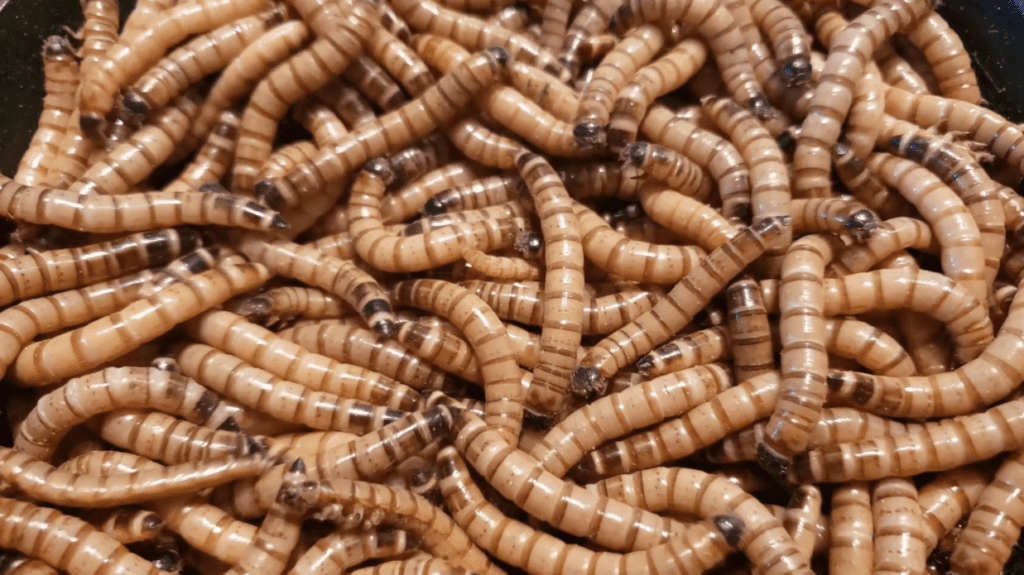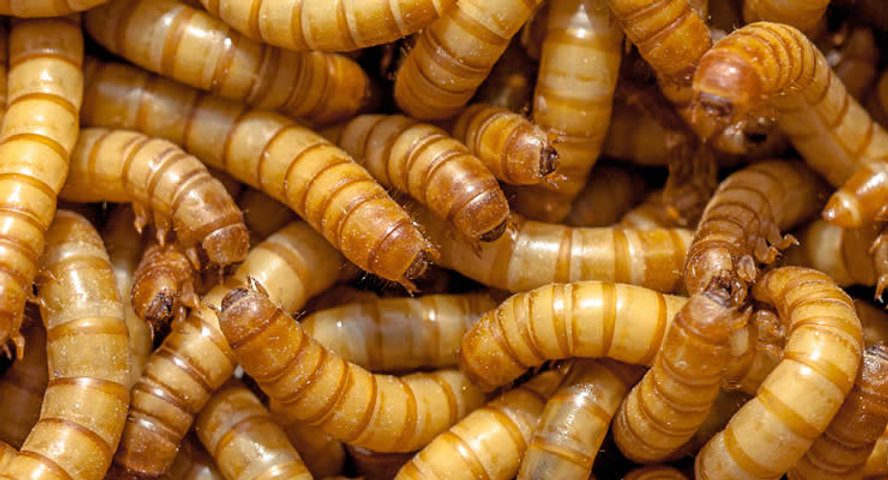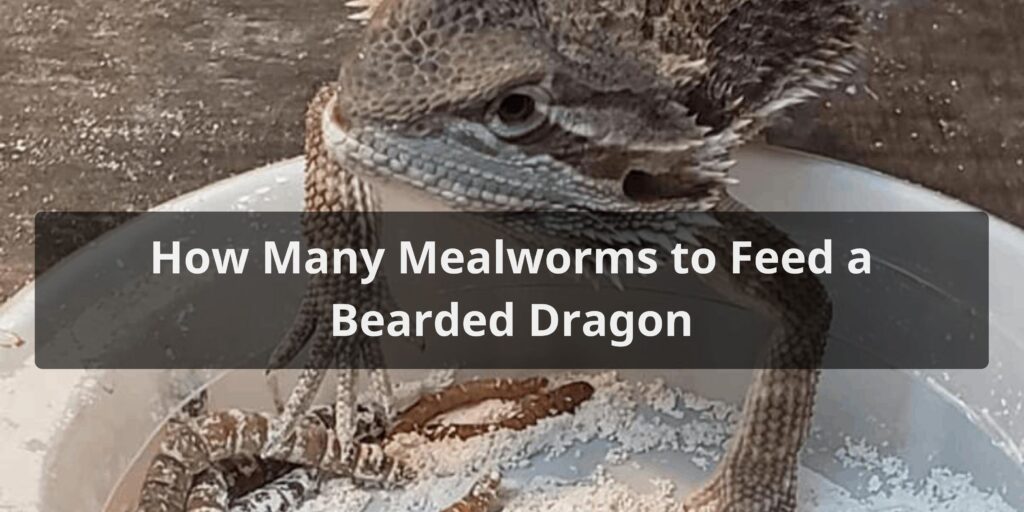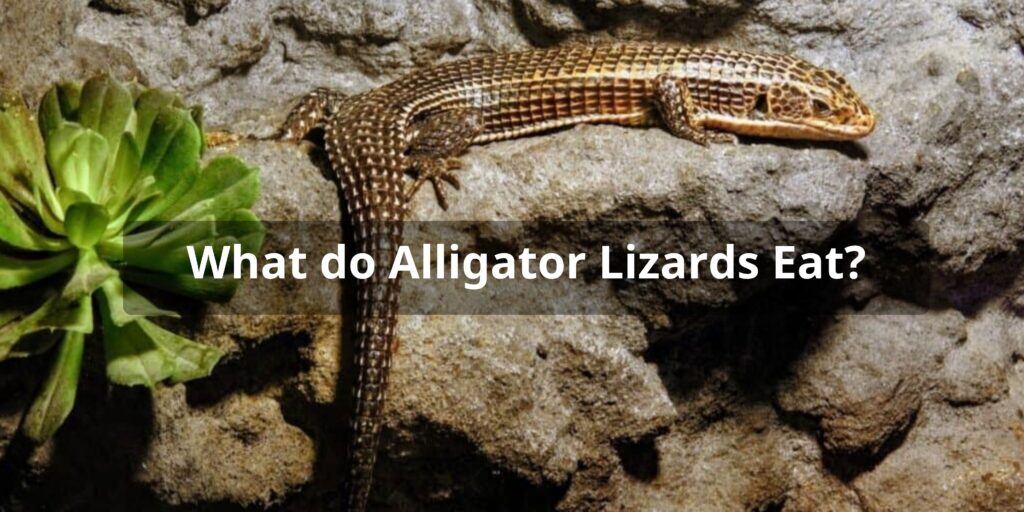Bearded dragons make great pets for reptile enthusiasts. They are relatively easy to care for as long as their habitat and dietary needs are met. An important part of caring for a bearded dragon is providing them with proper nutrition, which includes feeding them an appropriate amount of insects like mealworms. Determining how many mealworms to feed a bearded dragon depends on the age and size of your dragon. Here is a detailed guide on how many mealworms to feed a bearded dragon.
Mealworms as Part of a Bearded Dragon’s Diet

Mealworms are a beneficial feeder insect for bearded dragons. They are a good source of protein, fat, and certain vitamins and minerals that aid your dragon’s growth and health. As babies and juveniles, bearded dragons get most of their nutrition from insects. Adult dragons eat more vegetables and greens, but still require regular insect feedings.
Mealworms should be part of a varied insect diet that also includes crickets, roaches, black soldier fly larvae, and other staple feeders. Feeding too many mealworms can lead to nutritional imbalances, since mealworms lack sufficient calcium on their own. Variety is key.
Feeding Guidelines by Age
- Baby dragons (1-4 months): Offer baby dragons insect feedings 2-3 times per day. For each meal, provide as many appropriately-sized insects as they will eat within 10-15 minutes. Mealworms should make up no more than 20% of total insect diet for babies.
- Juvenile dragons (4-12 months): Feed juveniles 1-2 times daily. Allow them to eat as many insects as they want within 10-15 minutes. Mealworms can comprise up to 30% of insect feedings.
- Adult dragons (1-5+ years): Adult dragons only need to be fed insects every 2-3 days. Allow them to eat desired amount within 10-15 minutes. Mealworms should be limited to once or twice weekly for adult dragons.
The exact number of mealworms to offer will depend on the size and appetite of your individual dragon. As a general guideline, start with offering 10-15 appropriately-sized mealworms at a time for babies, 15-20 for juveniles, and 5-10 for adult dragons. Adjust amounts based on their appetite and weight gain.
Mealworm Size for Bearded Dragons

It is important to feed bearded dragons mealworms that are not too large. The mealworms should be no bigger than the space between the dragon’s eyes. Here are ideal mealworm sizes:
- Baby dragons: 1/4 inch mealworms
- Juvenile dragons: 1/4 to 1/2 inch mealworms
- Young adult dragons: 1/2 inch mealworms
- Large adult dragons: 3/4 to 1 inch mealworms maximum
Feeding oversized mealworms can lead to choking or impaction hazards. Always closely supervise dragons when feeding to ensure they are swallowing mealworms properly. If in doubt, opt for a smaller mealworm size.
Ensuring Proper Nutrition
While mealworms are nutritious, they lack sufficient calcium for proper bone growth and health in bearded dragons. It is critical to supplement with calcium 5-6 days per week to prevent metabolic bone disease. Lightly coat mealworms with calcium powder right before feeding.
Additionally, supplement with a multivitamin containing vitamin D3 and vitamin A 2-3 times weekly. This provides other key nutrients. Use a bowl feeding technique, alternating between coated insects and fresh salads to ensure proper supplements.
Finally, provide 12-14 hours of UVB light exposure so dragons can synthesize vitamin D3. With balanced supplements, UVB light, a varied diet, and following these mealworm feeding guidelines, you can help keep your bearded dragon healthy. Monitor weight and growth rates to adjust feedings as needed. Consult an exotic veterinarian if you have any concerns.
Conclusion
Mealworms make up an important part of a balanced insect diet for bearded dragons. How often and how many you should feed depends on the dragon’s age. Follow these mealworm feeding guidelines:
- Baby dragons: 10-15 small mealworms 2-3 times daily (20% of total feedings)
- Juvenile dragons: 15-20 medium mealworms 1-2 times daily (30% of total)
- Adult dragons: 5-10 larger mealworms every 2-3 days (once or twice weekly)
Additionally, always supplement with calcium and multivitamins, feed other insect varieties, and ensure proper UVB exposure. This will provide all the nutrients a bearded dragon needs to stay healthy. Monitor your dragon’s growth and adjust mealworm amounts accordingly. Following these tips will help you determine how many mealworms to feed your bearded dragon.
FAQs About How Many Mealworms to Feed a Bearded Dragon
What is the appropriate portion size of mealworms for a bearded dragon?
The appropriate portion size of mealworms for a bearded dragon varies with their size and age. For adults, a portion typically consists of 3-5 mealworms per meal. Younger dragons may require smaller portions to accommodate their smaller size.
Can mealworms be the primary source of food for my bearded dragon?
No, mealworms should not be the primary source of food for a bearded dragon. While they provide essential nutrients, a varied diet including different insects, vegetables, and greens is crucial to meet their nutritional needs.
Are there any guidelines for feeding mealworms to baby bearded dragons?
When feeding mealworms to baby bearded dragons, cut mealworms into smaller pieces to prevent choking hazards. Offer them as a supplement to their diet, ensuring a balanced intake of other insects and greens appropriate for their age.
How do I adjust the number of mealworms as my bearded dragon grows?
As your bearded dragon grows, you can gradually increase the number of mealworms in their meals to accommodate their larger size and higher calorie requirements. Monitor their weight and adjust portion sizes accordingly.
Are there any signs that my bearded dragon is not receiving enough mealworms?
Signs that your bearded dragon may not be receiving enough mealworms include weight loss, reduced activity, or a generally weakened appearance. Ensure they are getting a balanced diet and consult a veterinarian if you suspect any nutritional deficiencies.
Are there alternative insect options to mealworms for bearded dragon nutrition?
Yes, there are several alternative insects for bearded dragon nutrition, including crickets, roaches, silkworms, and phoenix worms. Variety is essential to provide a well-rounded diet that meets their nutritional requirements. Rotate these insects to ensure balanced nutrition.




